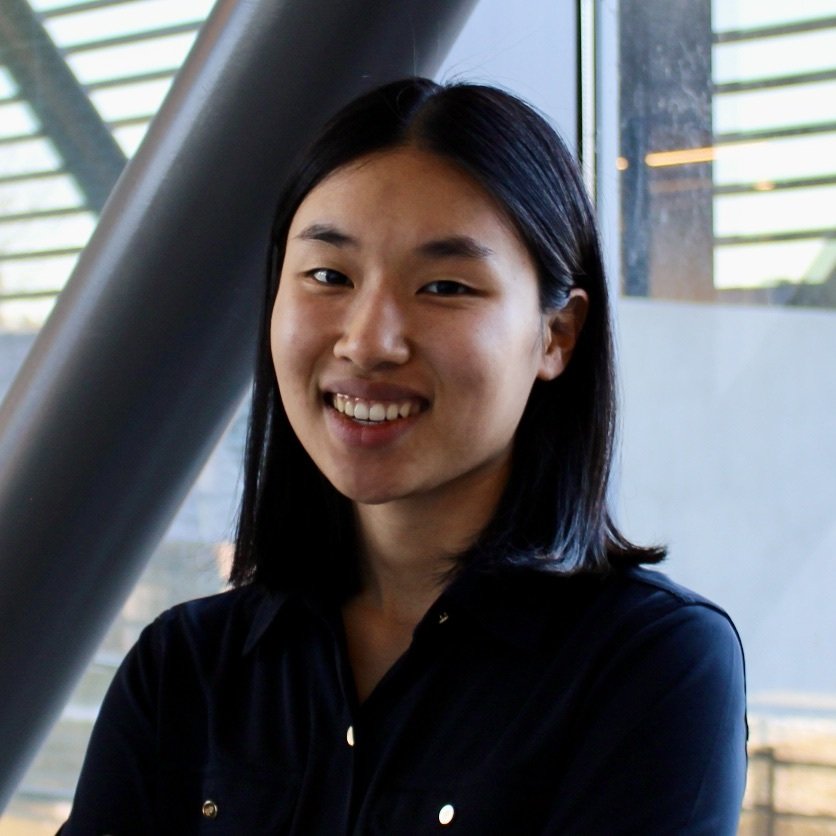People
Our team working on wetland restoration in agricultural landscapes
-

Nandita Basu, PI, Professor and Canada Research Chair, University of Waterloo
Nandita is a Professor and Canada Research Chair (Tier I) of Global Water Sustainability and Ecohydrology at the University of Waterloo.
Nandita is an environmental engineer, who uses data science, process modelling and remote sensing to explore how climate, land use, and management impacts surface and groundwater quality from watershed to the regional and global scales, with the overall goal of leveraging these insights to develop watershed management strategies that maximizes environmental benefits without significant economic costs.
-

Helen Baulch, Associate Professor, University of Saskatchewan
Helen is an Associate Professor at the School of Environment and Sustainability of the University of Saskatchewan.
Her research focuses on water quality, eutrophication and algal blooms, winter limnology, biogeochemical cycling, and greenhouse gas emissions and climate change.
-
Tonya DelSontro, Assistant Professor, University of Waterloo
Tonya is an Assistant Professor at the Department of Earth and Environmental Sciences of the University of Waterloo.
She is a limnologist and aquatic biogeochemist interested in climate and water use-related issues of inland waters, specifically aquatic greenhouse gas dynamics and its interaction with climate.
-

Kimberly Van Meter, Assistant Professor, Penn State University
Kimberly is an Assistant Professor at the College of Earth and Mineral Sciences of Penn State.
She is a water system scientist who studies the many ways in which human activity is affecting water quality and water availability across a range of different landscapes. She uses remote sensing, large-scale data analysis, and process-based modeling approaches to explore the influences of climate, land use, and management practices on water quality, especially in large agroecosystems.
-
Rebecca Rooney, Associate Professor, University of Waterloo
Rebecca is an Associate Professor at the Department of Biology of the University of Waterloo.
She carries out research in wetland ecology and is a world expert on biomonitoring and wetland assessment. Rebecca examines how human-caused and natural ecological disturbances influence wetland communities. Her research supports the implementation of wetland policy, invasive species management, and the protection of species at risk.
-

Pascal Badiou, Research Scientist, IWWR, Ducks Unlimited Canada
Pascal is a research scientist at the Institute for Wetland & Waterfowl Research of Ducks Unlimited Canada.
His research focuses on the ecology of wetlands and large shallow lakes, and on the role wetland restoration and conservation can play in regulating water quality and quantity in agricultural watersheds of the Canadian Prairies.
-

Gordon McNicol, Postdoctoral Fellow, University of Waterloo
Gordon is a Postdoctoral researcher in the Department of Applied Mathematics at the University of Waterloo.
His research focuses on modeling wetland greenhouse gas dynamics, with a focus on methane emissions. He develops mechanistic approaches to link hydrology, temperature, and vegetation to emission patterns, using long-term field data to explore how climate and water management influence wetland restoration and climate mitigation. -

Jordan Li, Master's Student, University of Waterloo
Jordan is a master’s researcher in the Earth and Environmental Sciences department at the University of a Waterloo.
Her research focuses on studying the environmental trade-off between hydrological inundation and greenhouse gas emission within restored agricultural wetlands wetlands being used for nutrient mitigation.
-

Shayna Meinzinger, Master's Student, University of Waterloo
Shayna is a master’s researcher in the Department of Earth and Environmental Sciences at the University of Waterloo.
Her research focuses on quantifying greenhouse gas emissions in restored wetlands across Southern Ontario. She aims to better understand the dynamics of these emissions and their implications for wetland restoration and climate change mitigation. -

Luana Camelo, PhD Student, University of Waterloo
Luana is a PhD researcher in the Department of Civil and Environmental Engineering in the Water Program at the University of Waterloo.
Her research examines how temporal variability in hydrology influences the nutrient-retention capacity of wetlands. She studies how flow regimes affect water residence times, applies machine learning to predict nitrogen and phosphorus exports, and integrates these approaches to improve wetland restoration and design.
Access her Google Scholar here.
Connect on social media. -

Clover Liu, PhD Student, University of Waterloo
Clover is a PhD researcher in the Department of Earth and Environmental Science at the University of Waterloo.
Her research focuses on improving wetland functional assessment methods by comparing GIS-only and field-informed indicators and integrating process-based models to better capture hydrological, nutrient, and biodiversity functions . -

Laura Layton, Co-op Student, University of Waterloo
Laura is a co-op researcher in the Department of Applied Mathematics at the University of Waterloo.
Her research focuses on modelling of water table height at the landscape scale and ML models for methane emissions in small wetlands.



